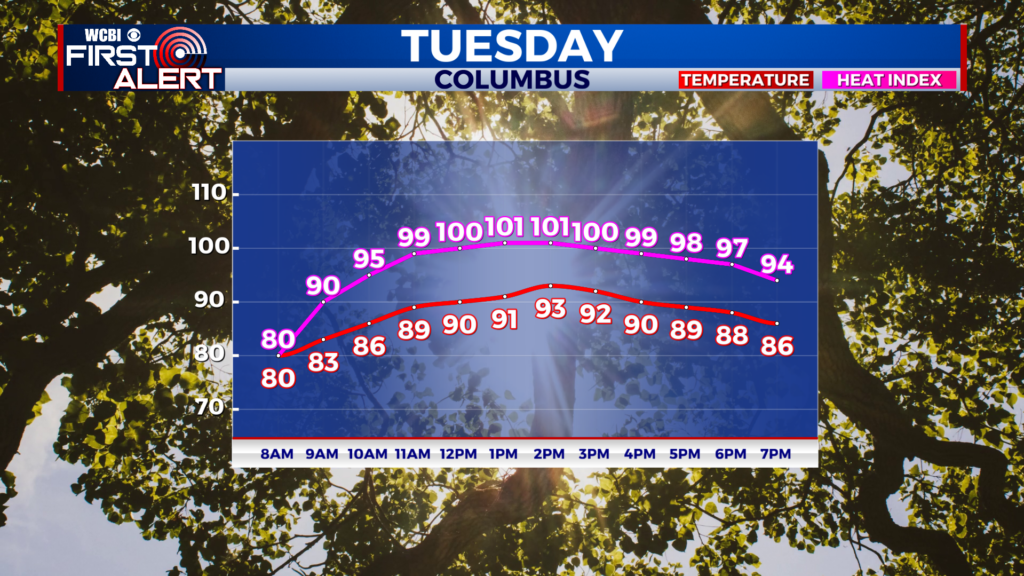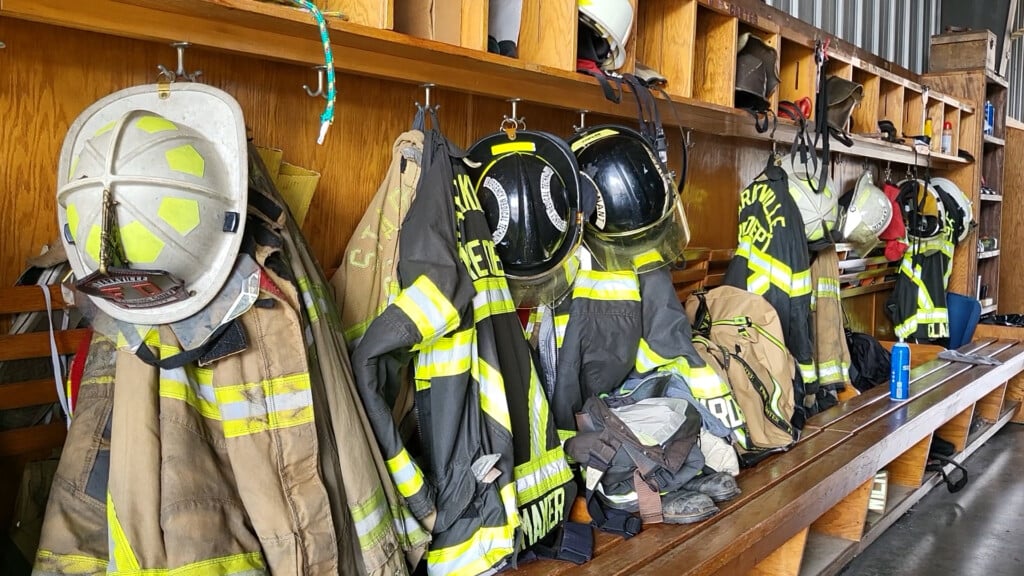Sweepstakes, lottery scams cost Americans millions
A new study reveals sweepstakes, lottery and prize-related scams cost Americans millions of dollars each year. The Better Business Bureau calls these schemes some of the “most serious and pervasive frauds operating today.”
In the past three years, the group says more than 460,000 Americans have reported losing a total of over $330 million to such scams.
The Better Business Bureau says these crooks are professionals, reports CBS News correspondent Anna Werner. They might take advantage of someone in your family, and they can be very convincing.
Allen Walker had just moved to St. Louis in 2015 when the call came in on his cellphone, telling him he’d won $94,000. It would be delivered soon and all he had to do was send in a fee to cover the taxes.
“They said congratulations, Mr. Walker, you have just won the Jamaican sweepstakes,” Walker said. But the promised riches weren’t delivered. “They kept on telling me, ‘Oh, well, he took the wrong route. He will be there soon, just wait.'”
Walker sent in two checks totaling $5,500 – all his savings. Still, he waited for the prize. Then he got repeated calls to send money to different people. That’s when he realized it was a scam.
“I really felt kind of empty inside and ridiculous that I got, you know, beat like that,” Walker said.
Steve Baker, the lead investigator for the Better Business Bureau, says 2,820 people reported sweepstakes and lottery scams to the BBB’s scam tracker in 2017.
“Most of the people that are cold-calling you are from either Jamaica or Costa Rica,” he said.
That same year, the FTC and the FBI combined received 145,881 complaints about the scams and losses of $111,835,001. The BBB’s study said scammers contact their victims to get their personal information every way they can: through cold-calling, text messages, internet pop-ups, the mail, and social media like Facebook.
“The fact that they have really migrated to social media means that’s a huge new audience that’s being introduced to these,” Baker said.
Facebook told us in a statement, “These scams violate our policies… We have a dedicated team and automated systems to help detect and block these kinds of scams.”
Baker encourages relatives and friends of older consumers to help them avoid becoming fraud victims by educating them.
“If you think you’ve won a lottery or sweepstakes and somebody wants money for taxes or for a third party or for any other reason, they’re crooks. Do not send money,” Baker said.
Baker said the number of victims could be up to ten times higher than actually reported because victims are often too embarrassed to admit they were scammed. If you think you’re being scammed, search the names of “sweepstakes” companies on the internet — they’ll often pop up with complaints from others.
© 2018 CBS Interactive Inc. All Rights Reserved.





Leave a Reply